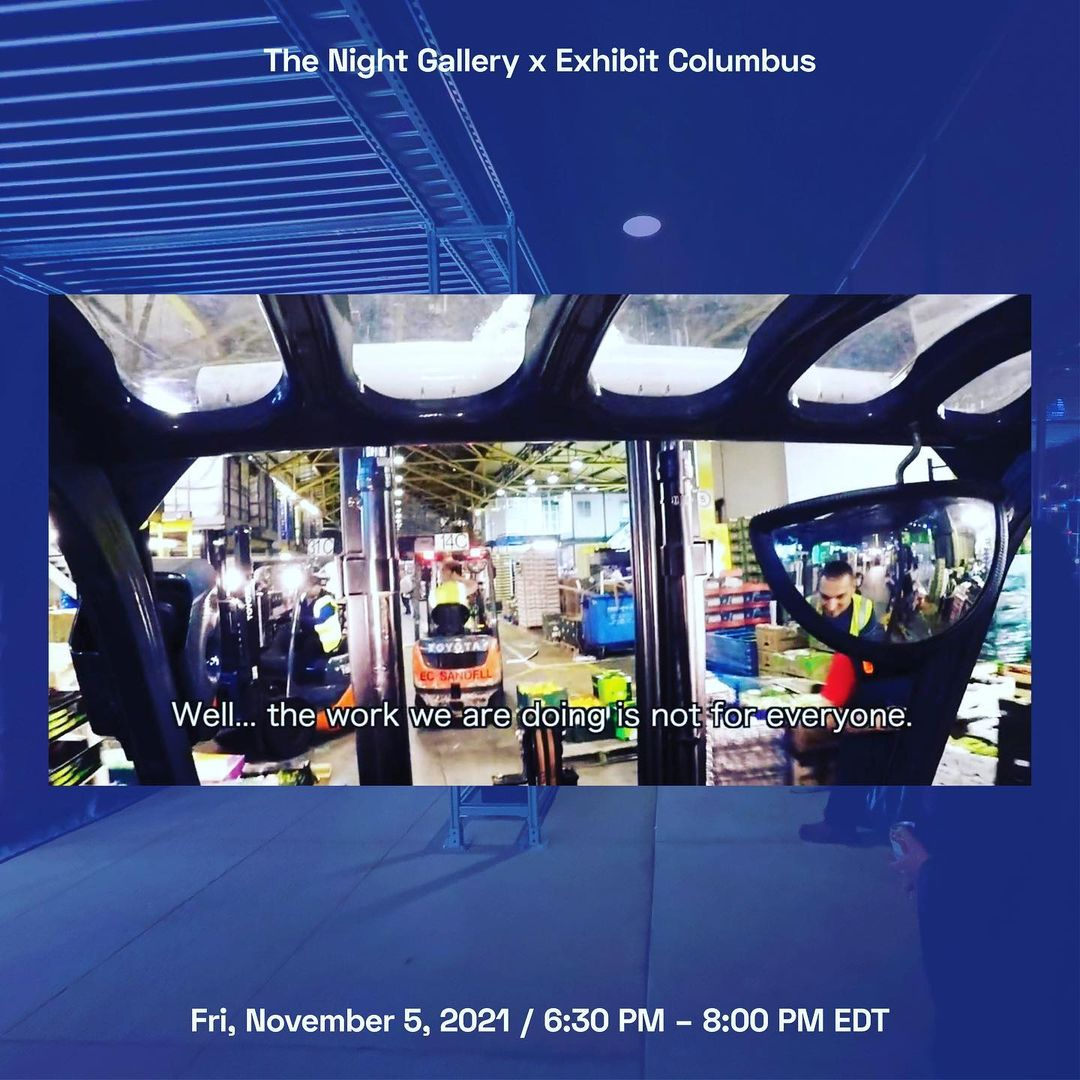
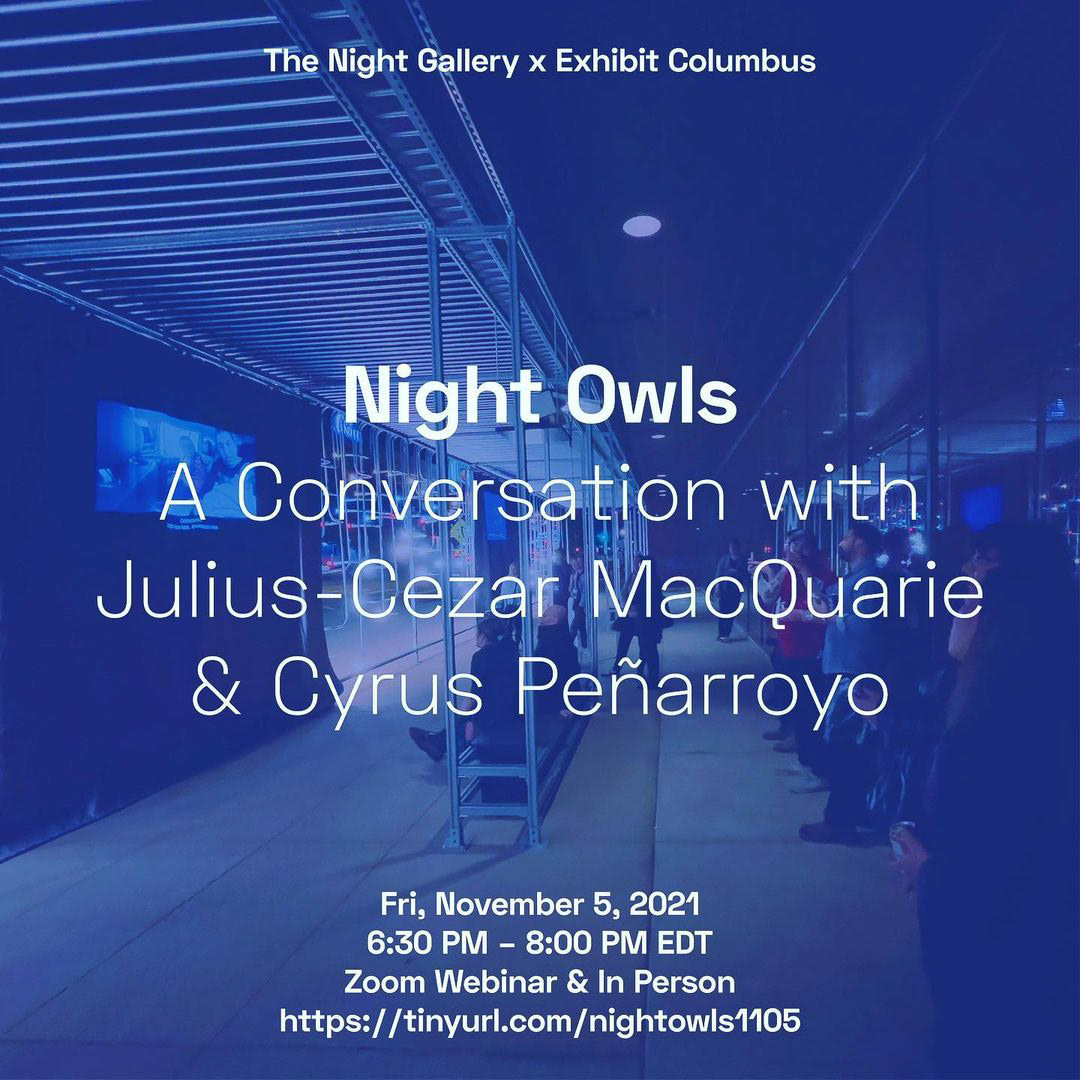
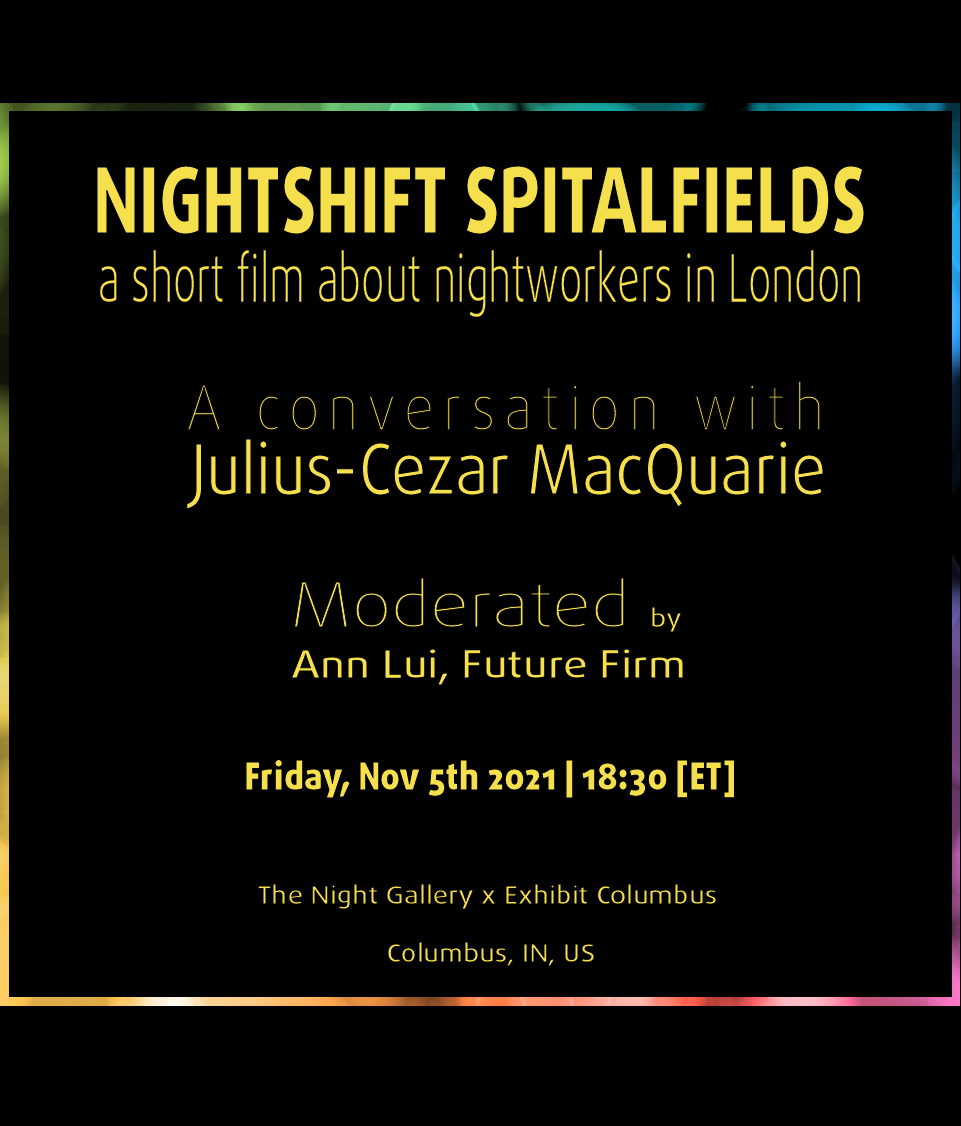
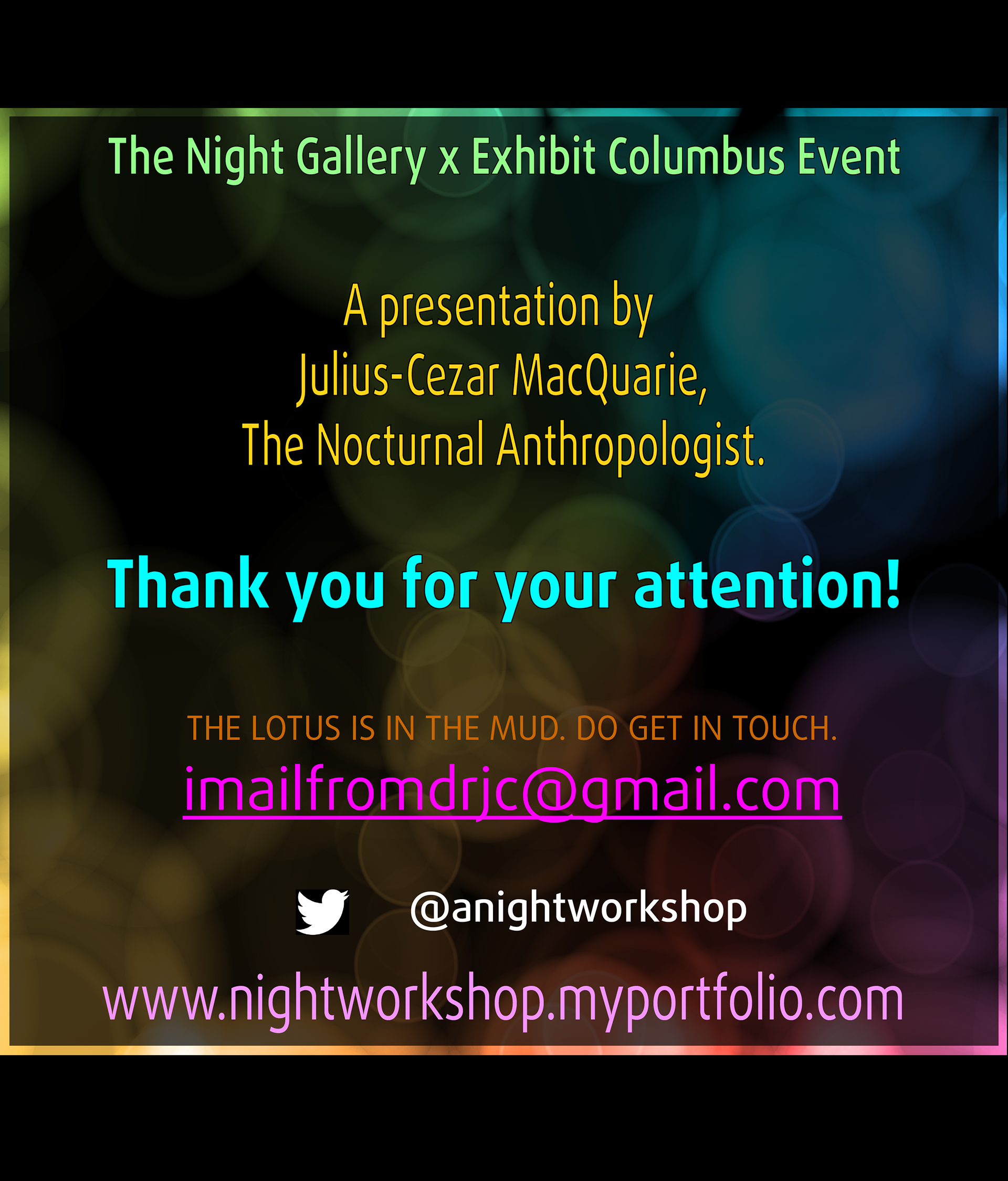
Till then, enjoy the presentation.
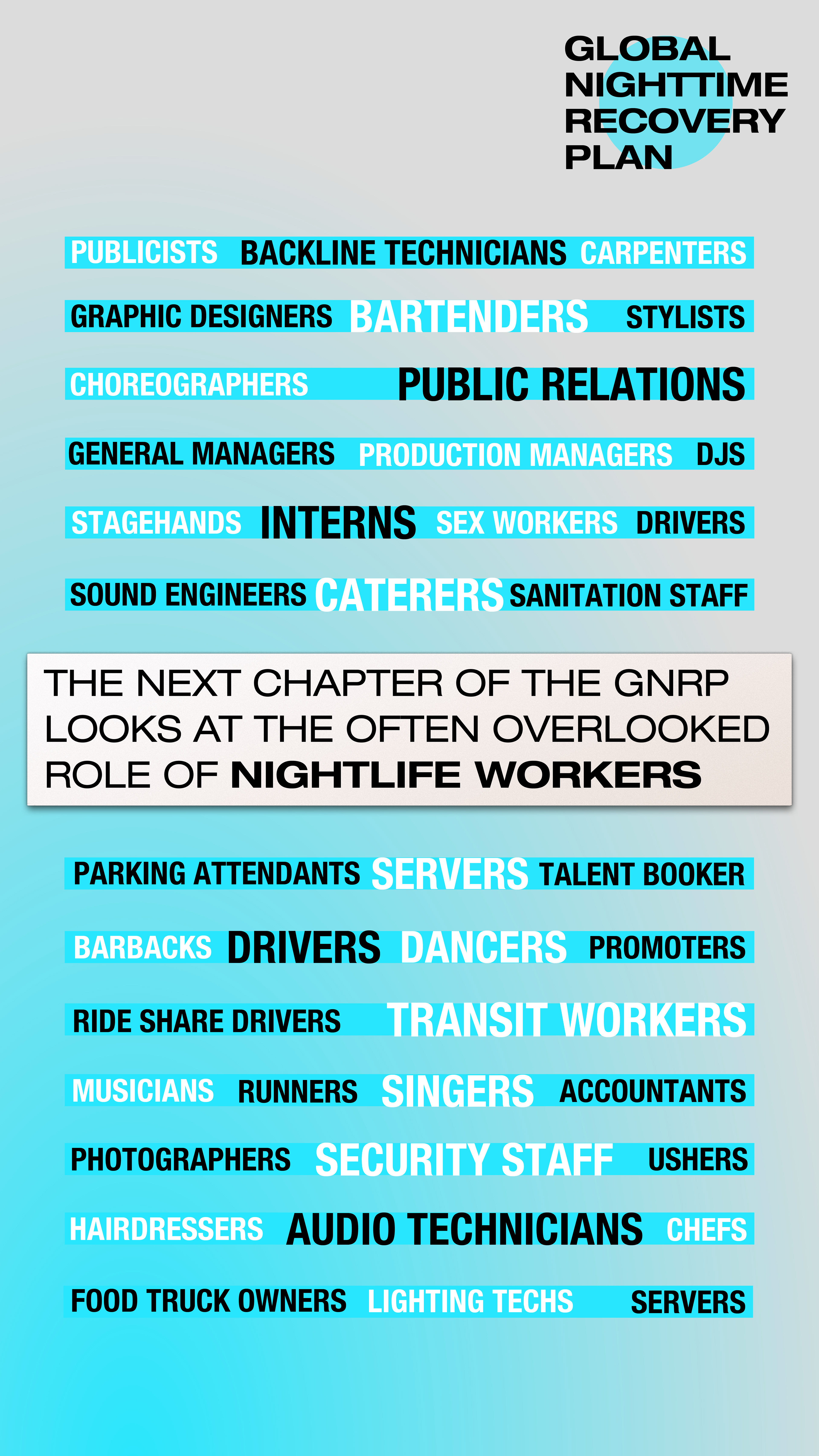
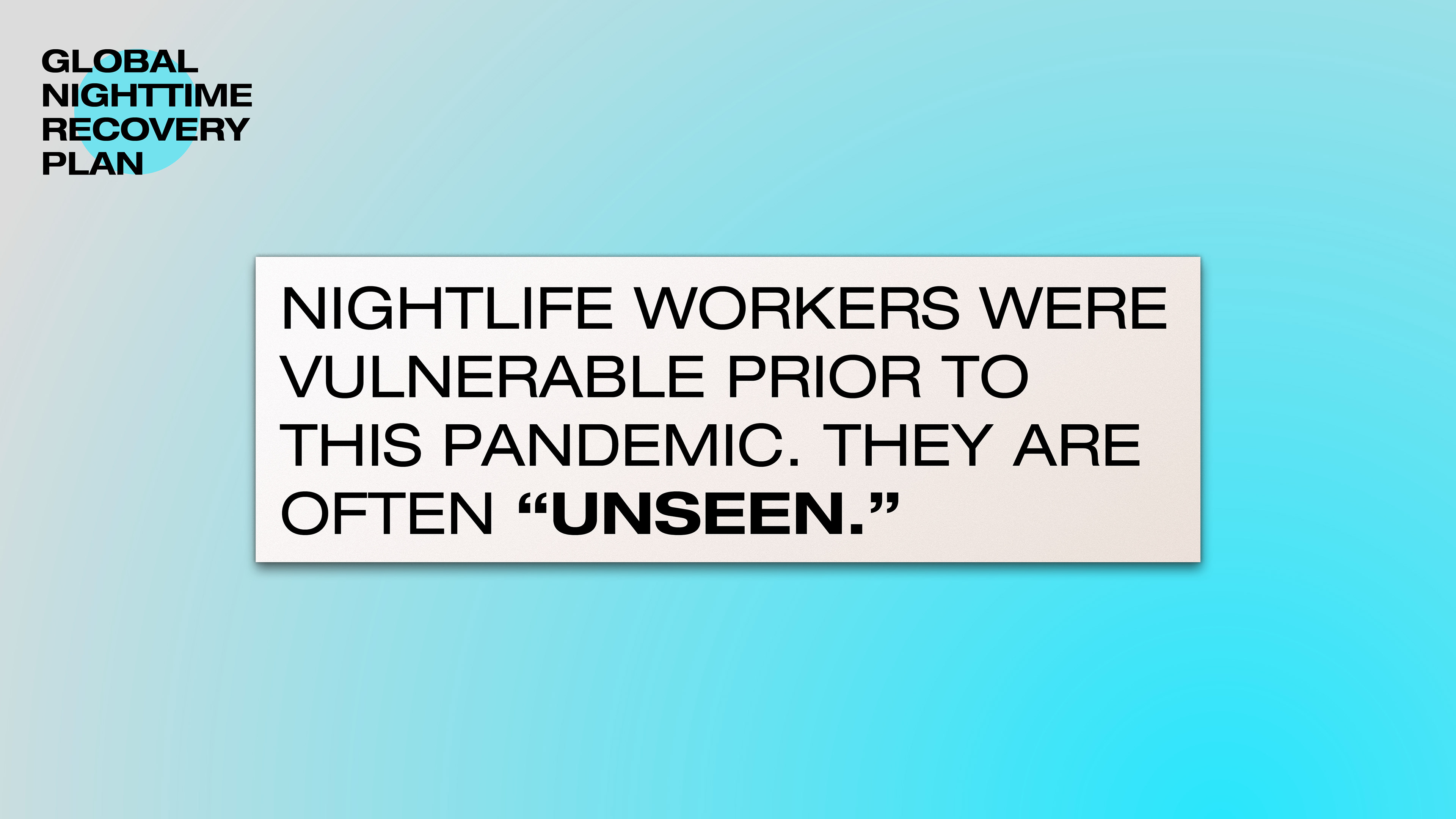
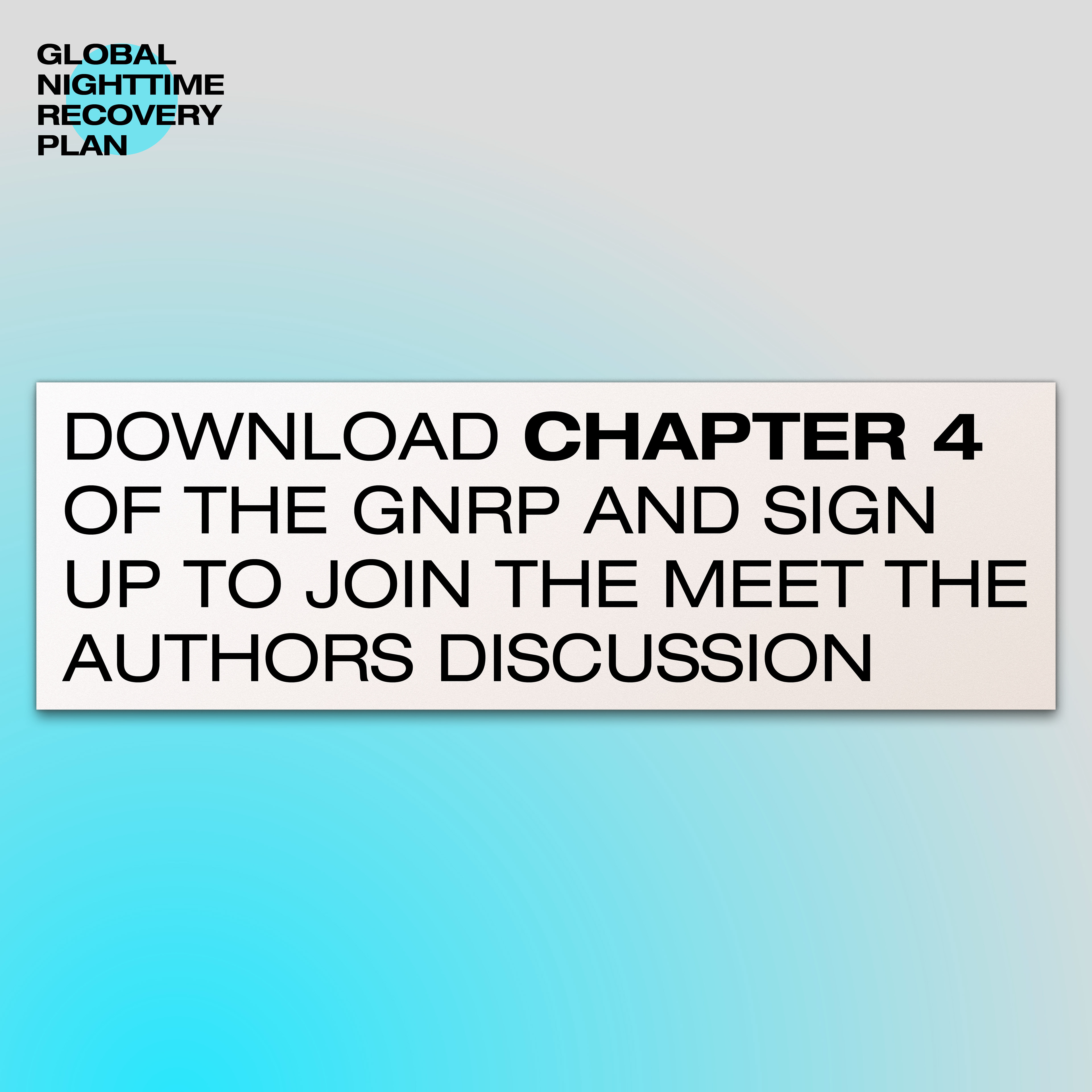
https://www.nighttime.org/chapter-four-sustaining-our-nightlife-scenes/

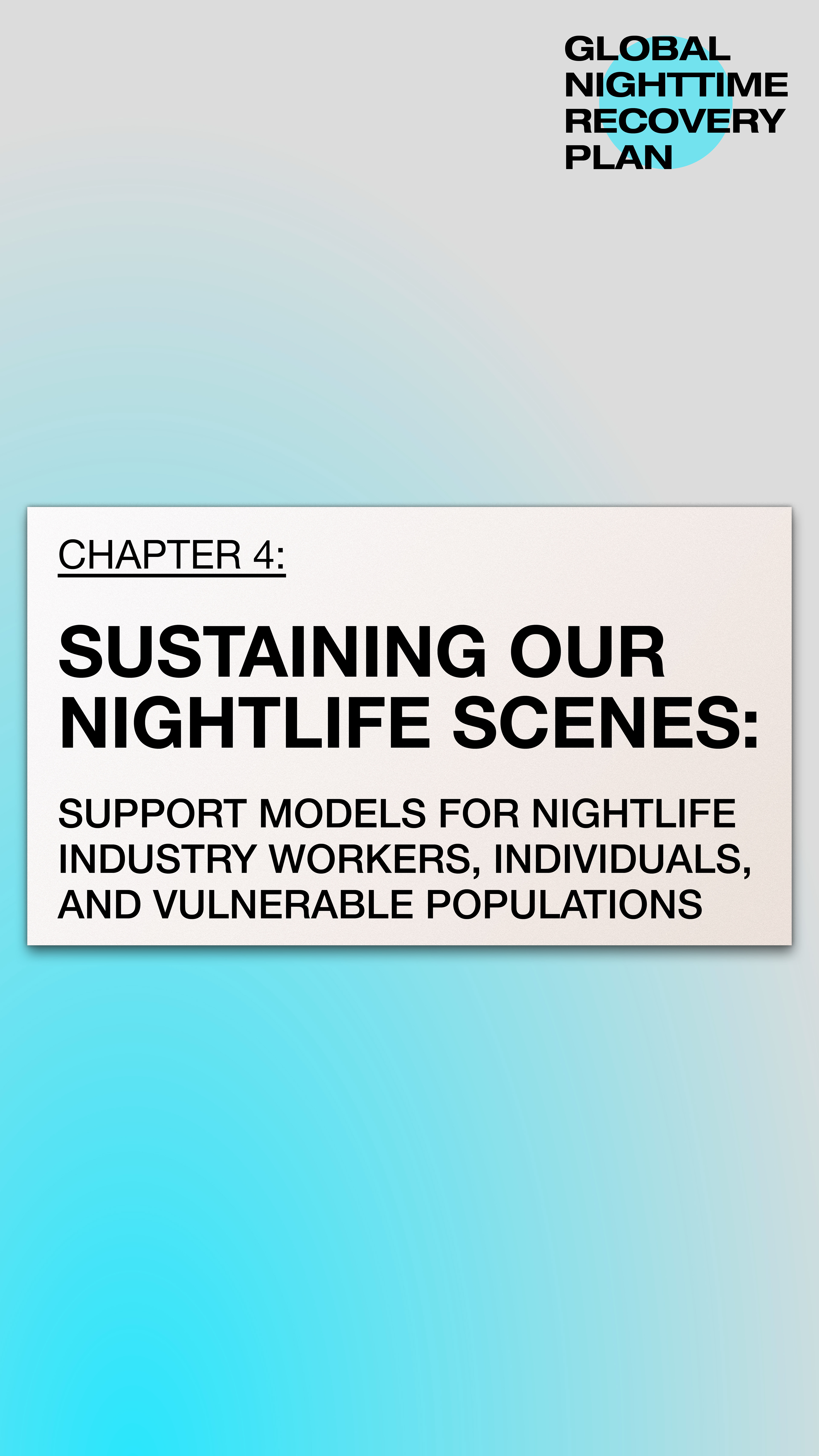
Contrasens is a group of current and past students in sociology and anthropology at Babes Bolyai University in Cluj, Romania, who have got many questions about this world. Some have answers. We want to share them with you, thus we produce episodes in which we discuss current issues with experts in their fields.”
The Night Shift (Tura de Noapte). Illustrator: Alexandru-Savescu